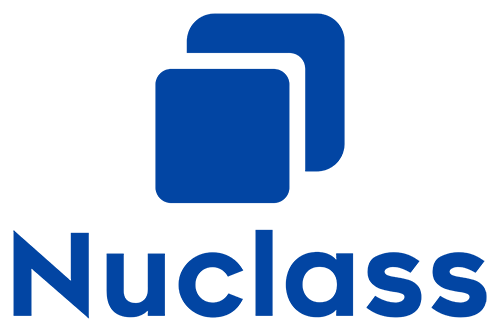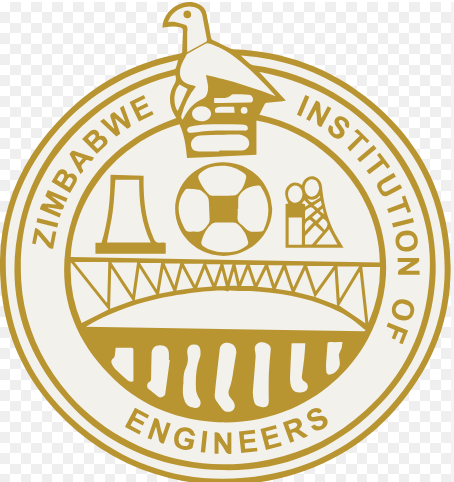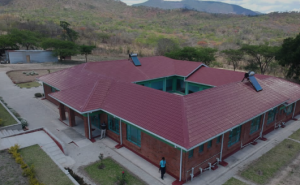Overview
The Zimbabwe Institution of Engineers (ZIE) is the professional body representing engineers in Zimbabwe. Established in 1944, ZIE serves as a central organization for promoting the engineering profession and ensuring that its members adhere to the highest standards of practice and ethics.
Zimbabwe Institution of Engineers Core Values and Functions
Professional Development
ZIE is committed to the continuous professional development of engineers. It offers training programs, workshops, and seminars that keep members updated on the latest advancements in engineering and related fields.
Accreditation and Certification
ZIE is responsible for accrediting engineering programs at educational institutions and certifying engineers. This ensures that engineering qualifications in Zimbabwe meet international standards and that engineers are competent in their fields.
Advocacy and Representation
The institution advocates for the interests of engineers at both the national and international levels. ZIE works with the government, industry stakeholders, and other professional bodies to influence policies and regulations affecting the engineering sector.
Ethics and Standards
ZIE upholds a strict code of ethics and professional standards for its members. It ensures that engineers conduct their work with integrity, responsibility, and a commitment to public safety.
Networking and Collaboration
ZIE provides a platform for engineers to network, share knowledge, and collaborate on projects. Through conferences, forums, and other events, members can connect with peers and stay informed about industry trends and challenges.
Public Awareness and Education
ZIE plays a role in educating the public about the importance of engineering in society. It promotes awareness of the contributions of engineers to national development and encourages young people to pursue careers in engineering.
Membership and Structure
ZIE offers different membership levels, including student, graduate, associate, and full professional memberships. These cater to engineers at various stages of their careers, from students and recent graduates to experienced professionals. The institution is governed by a council made up of elected members, ensuring that it remains responsive to the needs of the engineering community.
Zimbabwe Institution of Engineers Contact Details
Phone number: +263 242 746 821
Email: hello@zie.co.zw
Website: https://www.zie.co.zw/
Zimbabwe Institution of Engineers Address
256 Samora Machel Avenue, East Eastlea, Harare, Zimbabwe.
Zimbabwe Institution of Engineers Logo
Below is the logo of Zimbabwe Institution of Engineers with excellent quality and it is available to download in PNG (transparent file) JPEG and PDF.
Zimbabwe Institution of Engineers Pros and Cons
Pros
Professional Development: Provides opportunities for professional growth through workshops, seminars, and training programs tailored to engineers.
Certification and Accreditation: Offers certification and accreditation for engineers, which can enhance their credibility and career prospects.
Networking Opportunities: Facilitates networking among engineers, industry professionals, and potential employers, fostering valuable connections in the field.
Industry Insights: Provides access to industry news, research, and trends, keeping members informed about the latest developments in engineering.
Advocacy and Representation: Acts as a representative body for engineers, advocating for their interests and influencing policy and standards in the engineering sector.
Continuing Education: Offers continuing education programs to help engineers stay current with technological advancements and industry standards.
Job Placement Assistance: Provides resources and support for job placement, including career counseling and job listings.
Cons
Membership Fees: Membership fees can be a financial burden for some individuals, potentially limiting access for those with limited resources.
Limited Access for Non-Members: Many of the benefits and resources provided by ZIE are restricted to members, potentially excluding non-members from valuable opportunities.
Potential Bureaucracy: As a professional body, ZIE may have bureaucratic processes that can be cumbersome or slow, affecting the efficiency of services and support.
Variable Engagement: The level of engagement and participation in activities or events may vary, which can impact the overall effectiveness and value of membership.
Geographical Limitations: Services and events may be concentrated in major cities, potentially limiting access for engineers in more remote or underserved areas.
Dependence on Member Contributions: The institution’s activities and resources depend heavily on member contributions and participation, which may fluctuate and affect the quality and availability of services.
Author’s Review
The Zimbabwe Institution of Engineers (ZIE) serves as a pivotal organization for engineers in Zimbabwe, offering a range of benefits that enhance professional development, certification, and networking opportunities.
By providing access to industry insights, continuing education, and advocacy, ZIE plays a crucial role in supporting and advancing the careers of engineers. Its efforts to foster professional growth and represent the interests of its members underscore its importance in the engineering sector.
However, potential members should be aware of some limitations, including membership fees, restricted access to resources for non-members, and possible bureaucratic hurdles. Additionally, the concentration of services in major cities and the reliance on member contributions could impact the accessibility and effectiveness of the institution’s offerings.
Despite these challenges, ZIE remains a valuable resource for engineers seeking to advance their careers and stay current with industry developments. For those committed to the engineering profession, the institution provides significant opportunities for growth and professional networking.
Prospective members should weigh the organization’s strengths and potential drawbacks to determine how well it aligns with their career goals and needs.




